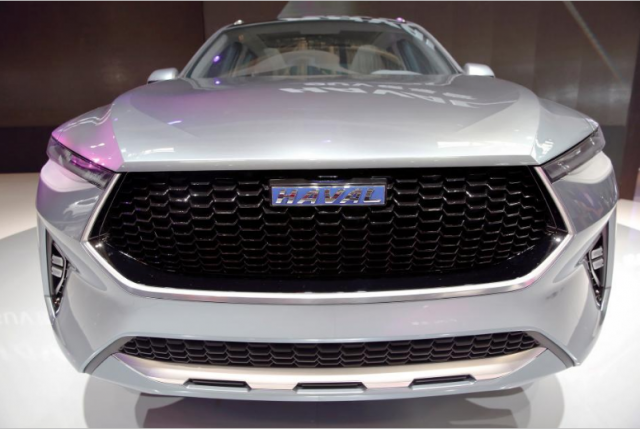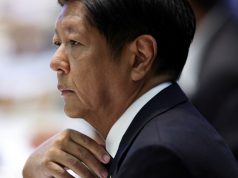
SHANGHAI/BEIJING, CHINA – German luxury automaker BMW is looking to form a joint venture with Great Wall Motor in China, which could focus on electric vehicles, according to two sources familiar with the matter on Wednesday.
A venture with Great Wall, whose Hong-Kong listed shares leapt 20 percent on the news, would be BMW’s second in the world’s largest auto market, where foreign carmakers have to team up with local partners.
“We are in discussions with Great Wall about setting up a joint venture to produce cars in Changshu,” said a BMW executive, who was not authorised to speak on the matter and declined to be identified.
Another person familiar with the matter said the new joint venture in the eastern city of Changshu would not deal with gasoline or diesel powered cars, indicating a focus on electric vehicles was likely.
BMW’s China sales grew 11.3 percent last year. It is the country’s second-largest premium brand after Volkswagen AG’s Audi AG. BMW is trying to stay ahead of third-place Daimler’s Mercedes-Benz, which recorded 26.6 percent growth in China sales in 2016 thanks to a fresher model lineup.
Car manufacturers have recently announced a raft of investments and tie-ups in China.
Tesla, Ford Motor Co, Daimler AG, and General Motors are among those that have already announced plans for making electric vehicles in China.
Electric Mini?
BMW and rival Mercedes are betting they can mass produce new electric cars based on conventional vehicle design, defying sceptics who say they will need more radical plans to head off the threat from Tesla and other start-ups.
Bernstein analysts said they believed that any new venture of BMW and Great Wall would have to sell exclusively electric vehicles (EVs), given China’s moratorium on approvals for new gasoline car businesses.
“If an agreement were to be reached, we’d expect an arrangement like Denza (Mercedes-BYD), or VW-JAC, Ford-Zotye to be the most plausible outcome, whereby a new brand is used to sell EVs,” they said in a note, adding that the vehicles could be sold under the Mini brand.
FILE PHOTO: A Great Wall Motors Haval HB-02 concept vehicle is presented during the Auto China 2016 auto show in Beijing, China, April 29, 2016. REUTERS/Damir Sagolj/File Photo
China wants electric and hybrid cars to make up at least a fifth of the country’s auto sales by 2025 and plans to loosen joint-venture regulations to achieve its aim.
BMW already has a joint venture in China with local carmaker Brilliance China Automotive Holdings and produces cars at two plants in Shenyang. Shares in Brilliance fell on Wednesday.
“Our business development with the joint venture BMW Brilliance Automotive will continue as planned, and we will carry on to invest and develop our joint venture.” a spokesman for BMW said, declining to comment on any new joint venture.
The plans were first reported by Shanghai-based www.iautodaily.com earlier on Wednesday.
“I don’t know how far along we have gone nailing this deal,” or whether the two companies have official central government approval for the venture, the BMW executive said.
A Great Wall official declined to comment.
Great Wall, which in August expressed an interest in the Jeep brand of Italian-American automaker Fiat Chrysler Automobiles NV’s, is one of China’s largest car makers.
Last month it struck a deal to secure supplies of lithium, a mineral key for developing electric vehicles.
The firm’s shares soared as much as 19.2 percent to their highest level in over two years, before paring some gains to stand up 14 percent in afternoon trade. Its Shanghai-listed shares were suspended from trading, pending an announcement.
Brilliance China Automotive’s shares were down 2.76 percent.
Brokerage Jefferies said in a note that it was “understandable that BMW needs a new partner to defend its market share in a more competitive market”, and expected that the move would hit current partner Brilliance.









